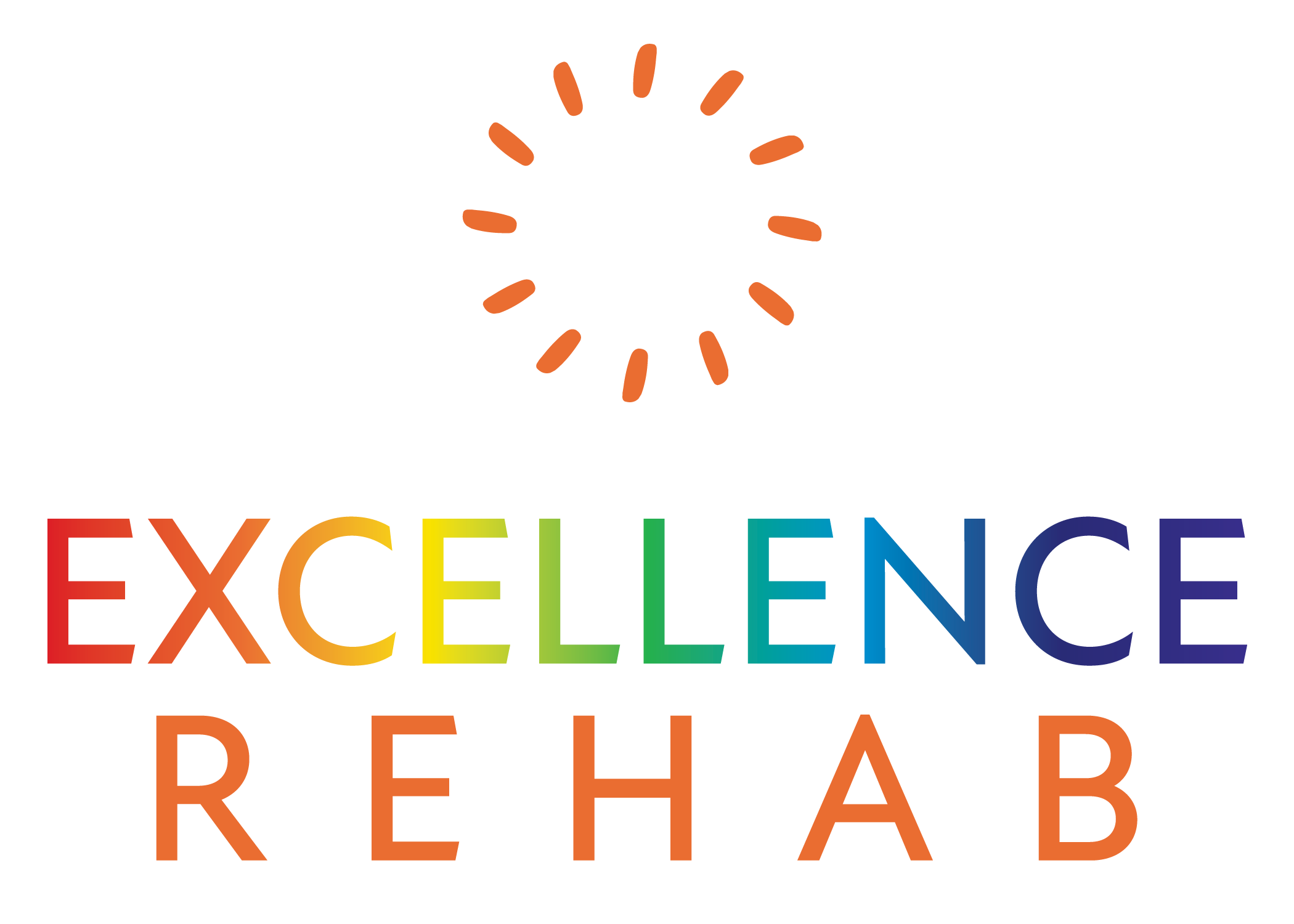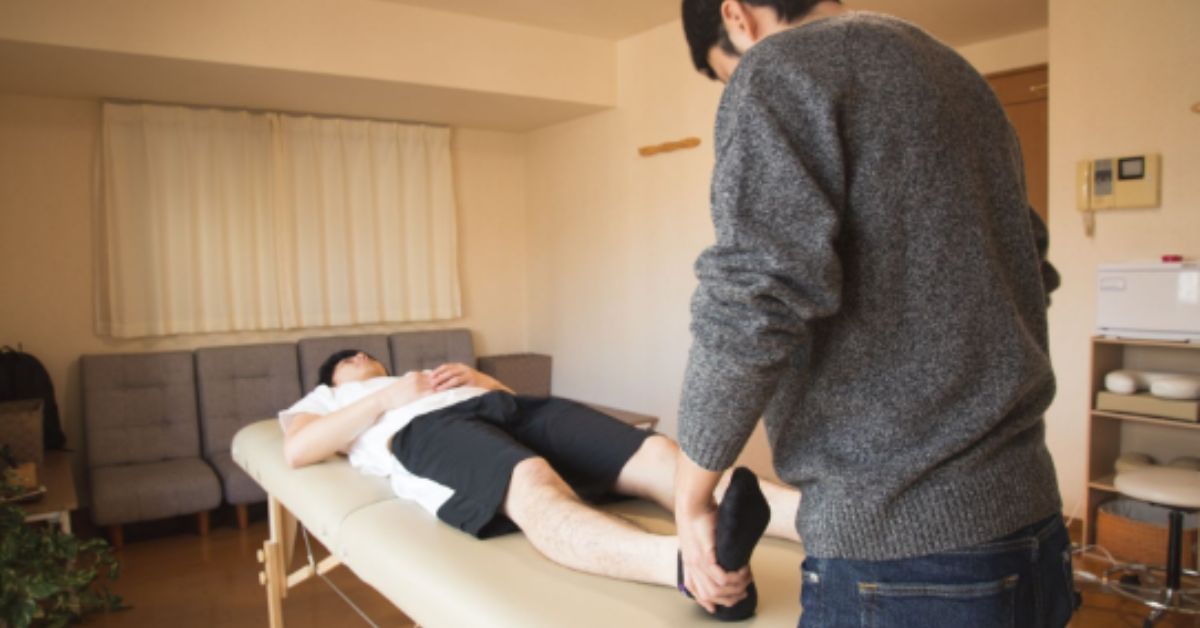What is Pediatric Physical Therapy?
Physical Therapy is not just for professional athletes, or adults recovering from an injury – sometimes teens, children and even infants may need a little extra help from a pediatric physical therapist. Pediatric physical therapy may assist your little one in building strength, recovering from an injury, learning important skills and returning to living the life they love. Some common reasons to ask your child’s doctor if seeking physical therapy is the right decision for them may be a Sports Injury, Developmental Delay, and a Genetic or Musculoskeletal Disorder.
Returning to The Field After a Sports Injury
Broken bones, muscle strains and overuse injuries are increasingly common as the volume and variety of youth sports continues to expand across the United States. Basketball, football, soccer and cheerleading among other favorites are intense activities which may unfortunately lead to a trip to the Emergency Room. As recovery begins, visiting a pediatric physical therapist will help mitigate the negative impacts of immobility from a sling, cast, or surgical repair, such as loss of muscle strength, bone density and range of motion. As regular sessions at a pediatric physical therapy center progress, you may see your child experience an increase in muscle strength, function and mobility, which often can lead to a faster return to the sports field or court.
Not only do these exercises lead to returning faster, but also lower the risk of re-injury and chronic pain. Returning too quickly, without the proper care, often leads to long term negative effects and lower sports performance.
Progressing Skills With Developmental Delay
If your child’s doctor notes potential developmental delay, seeking help from a pediatric physical therapist can be part of the treatment plan to help your child progress. In infants, the focus is often on holding up the head, which compared to adults is a significant proportion and weight compared to the rest of the body. Additional skills as the child matures can include crawling, posture, balance, flexibility and other important traits on the journey towards walking.
Testing against peers in the realm of fine motor skills can also help your little one as they learn to hold a pencil, write, tie their shoes and other hand-eye coordination skills as they develop.
Supporting Genetic or Musculoskeletal Disorders
Cerebral Palsy and Down Syndrome are two common conditions leading to an underdevelopment in gross motor skills. Your child’s pediatric physical therapist can help address foundational posture, flexibility and general strength through a combination of exercises, stretching and training. An improvement in ligament, bone and muscle strength can further support important milestones like crawling, walking and climbing stairs, as well as set your child up for success as they develop more advanced gross motor skills.
In some cases, the gross motor skill gaps may not arise from a traditional path, but can be a regression from a traumatic brain injury, concussion or coma. In these situations, pediatric physical therapy may help your child re-learn critical movements and regain the fundamental strength to return to daily activities.
Pediatric physical therapists are a coach in your corner, but the benefits don’t stop when you and your child leave the facility. At-home exercises and consultation will help inform decisions surrounding the return to sports, help with consistent mobility and maintaining strength to set your child on the path to achieve their dreams.
Pediatric Physical Therapy with Excellence Rehab
Our expert therapists are here to help your child thrive. With our hands-on, one-on-one therapy techniques, our team is sure to help our patients acheive their mobility and functionality goals. We have two convenient locations in New York and New Jersey.

